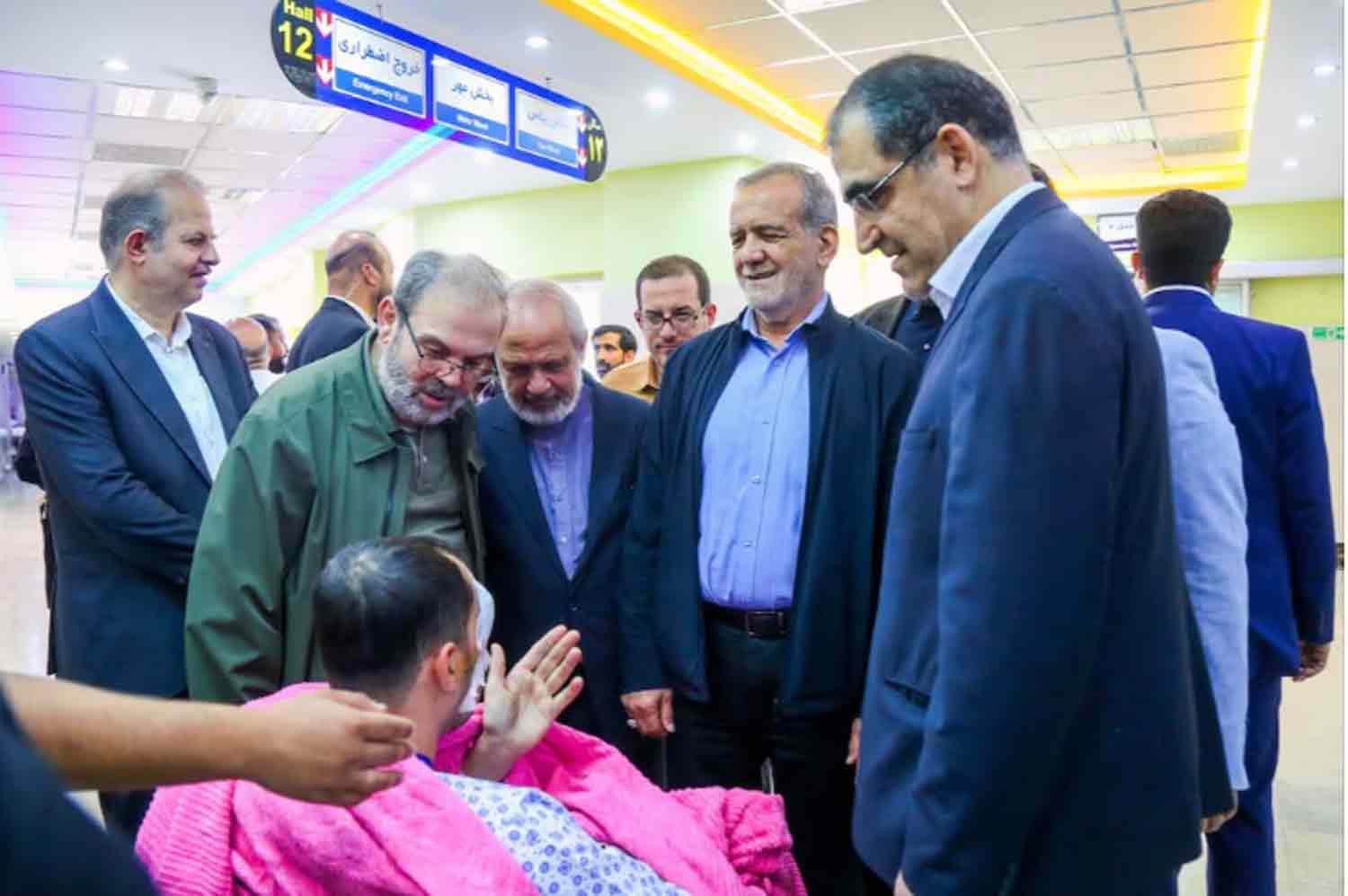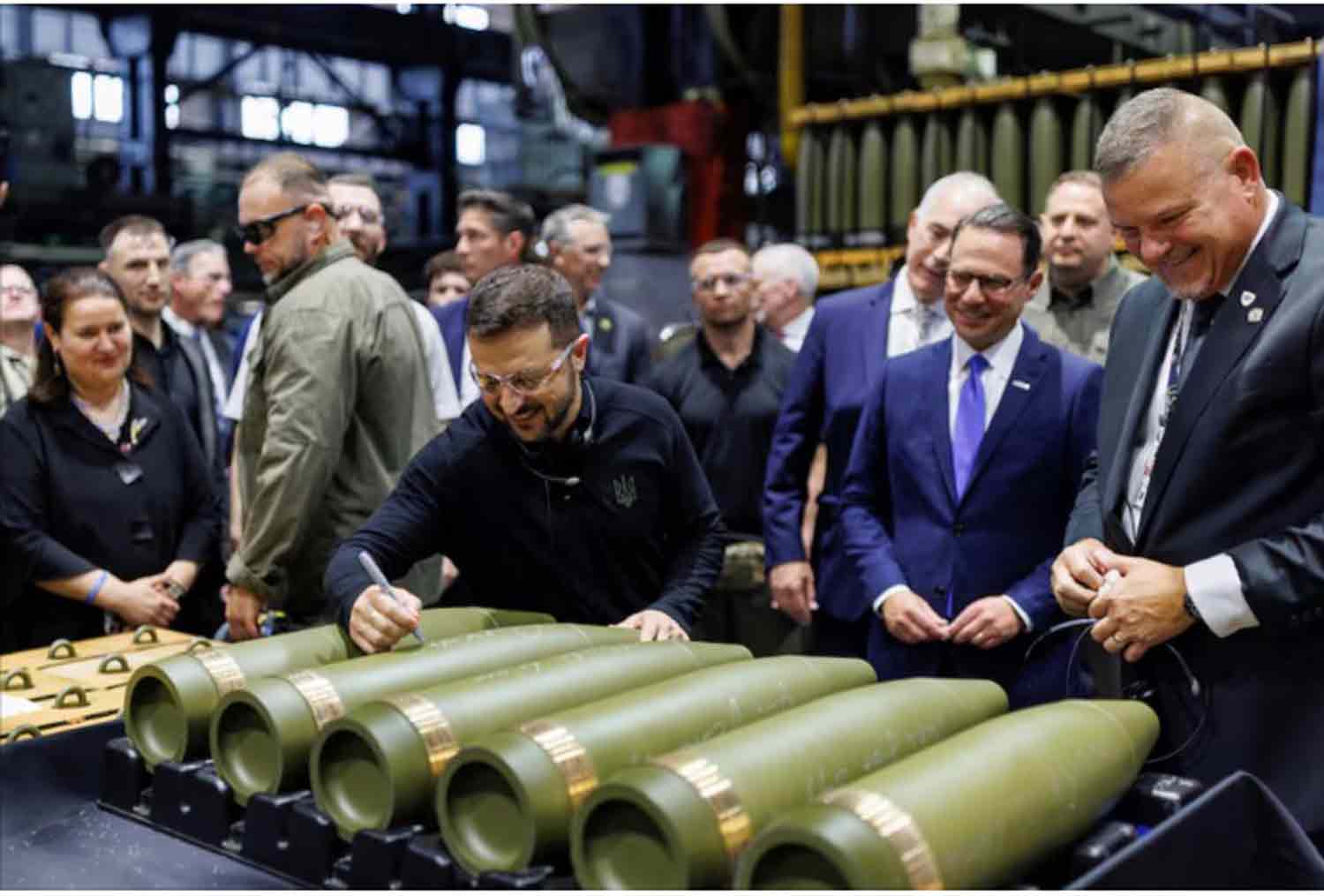Iran’s elite Revolutionary Guards Corps (IRGC) has instructed all personnel to refrain from using any communication devices following a series of deadly attacks last week that resulted in the explosion of thousands of pagers and walkie-talkies utilized by its Hezbollah allies in Lebanon, according to two senior Iranian security officials who spoke to Reuters.
One official indicated that the IRGC is conducting a comprehensive operation to inspect all types of devices, extending beyond just communication tools. He noted that many of these devices were either locally manufactured or sourced from China and Russia.
Concerns regarding potential infiltration by Israeli agents, including individuals on Israel’s payroll, have prompted Iran to initiate a thorough investigation of its personnel, particularly focusing on mid and high-ranking IRGC members. This official, who requested anonymity due to the sensitive nature of the issue, stated that the investigation includes a detailed examination of their bank accounts both domestically and internationally, as well as their travel histories and those of their families.
Iran’s Foreign, Defence, and Interior Ministries were not immediately available for comment regarding the statements made by the security officials to Reuters.
In a coordinated series of attacks, pager devices detonated on Tuesday in Hezbollah’s strongholds, followed by the explosion of hundreds of walkie-talkies on Wednesday. These incidents resulted in 39 fatalities and over 3,000 injuries. Both Lebanon and Hezbollah have attributed the attacks to Israel, which has neither confirmed nor denied its involvement.
The security official refrained from disclosing specifics regarding the communication methods employed by the IRGC, which consists of 190,000 personnel. “Currently, we are utilizing end-to-end encryption in our messaging systems,” he stated.
The same official noted that there is considerable apprehension within Iran’s ruling elite. IRGC representatives have contacted Hezbollah for technical evaluations, and several instances of detonated devices have been forwarded to Tehran for analysis by Iranian specialists.
Another Iranian official indicated that the primary concern of the Islamic Republic is safeguarding the nation’s nuclear and missile facilities, especially those located underground. “However, since last year, security protocols at these sites have been significantly enhanced,” he remarked, referring to the increased measures implemented following what Iranian authorities described as Israel’s attempts to undermine Iran’s missile program in 2023, a claim that Israel has not addressed.
“There has never been such stringent security and extreme precautions in place as there are now,” he continued, implying that security has been markedly intensified beyond previous standards following the pager explosions in Lebanon.
The IRGC serves as a formidable political, military, and economic entity in Iran, closely aligned with Supreme Leader Ayatollah Ali Khamenei. Established after the 1979 Islamic Revolution to safeguard the clerical regime, it possesses its own ground forces, navy, and air force, which oversee Iran’s strategic weaponry.
Its influence extends throughout the Middle East via its overseas operations division, the Al Quds Force, which provides financial support, weaponry, technology, and training to allied factions, including Hezbollah in Lebanon, Hamas in Gaza, the Houthis in Yemen, and various militias in Iraq.
According to the first Iranian source, Iran’s military employs a variety of encrypted communication devices, such as walkie-talkies, to ensure secure communication. While the specific models and brands may differ, the military’s communication equipment is often developed domestically or obtained from a mix of local and international suppliers.
Iran’s armed forces have not utilized pagers for more than twenty years. According to reports, Tehran has established its own military-grade radio communication systems through its defense industry to reduce dependence on foreign imports, particularly in light of Western sanctions related to its nuclear program. Historically, Iran has sourced communication equipment from nations such as China, Russia, and even Japan.
For decades, Iran and Israel have been engaged in a covert conflict characterized by mutual accusations of sabotage and assassination attempts. This tension has escalated over the past year, particularly in the context of the Gaza war, which began following an attack by the Palestinian Hamas group on southern Israeli communities on October 7.
Iran and Hezbollah have accused Israel of being responsible for the assassination of Hamas leader Ismail Haniyeh in Tehran, as well as the killing of Hezbollah’s top military commander, Fuad Shukr, in Beirut just hours earlier in July. While Israel has acknowledged the killing of Shukr, it has not confirmed its involvement in Haniyeh’s death.
Iran does not acknowledge Israel’s legitimacy, with Khamenei previously describing Israel as a “cancerous tumor” that “will undoubtedly be uprooted and destroyed.” Israel perceives Iran as an existential threat and accuses it of covertly pursuing the development of nuclear weapons, a claim that Iran vehemently denies.
Discover more from Defence Talks | Defense News Hub, Military Updates, Security Insights
Subscribe to get the latest posts sent to your email.




